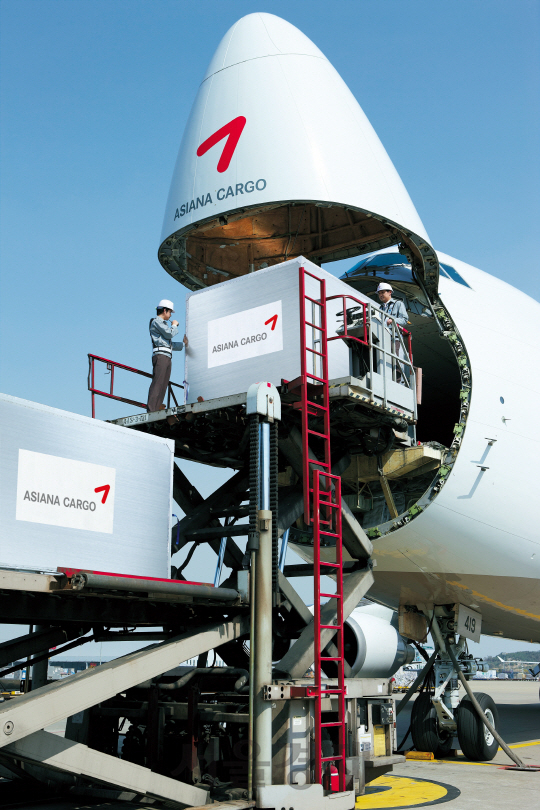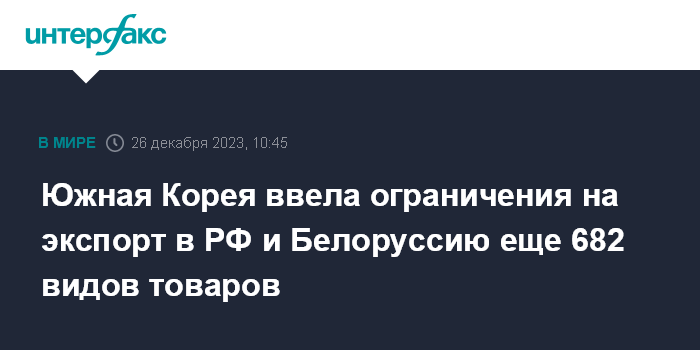EU Commission concludes merger of two companies on February 14th
US and Japanese authorities also continue to question Asiana cargo sales
Both companies’ cargo shares in the US and Japan are high at around 70%.
Asiana cargo aircraft.
As the deadline for the European Commission’s (EC) tentative conclusion on the business combination of Korean Air and Asiana Airlines approaches in 50 days, Korean Air is also making its final efforts to persuade the merger by increasing contact with competition authorities in the United States and Japan. As the air cargo market share of both companies exceeds more than half of each country’s market, it is known that not only the EC but also competition authorities in the United States and Japan are very interested in the status of the sale of Asiana’s cargo business.
According to the industry on the 26th, the EC will make a provisional conclusion on the business combination of Korean Air and Asiana on February 14 (local time). With 50 days left until the EC’s conclusion, competition authorities in the U.S. and Japan are also paying close attention to the EC’s position.
In addition to the EC, Korean Air is also speeding up behind-the-scenes negotiations with competition authorities in the United States and Japan. An industry official explained, “Korean Air is speeding up efforts to persuade the two companies to merge by increasing contact not only with the EC but also with the U.S. and Japanese authorities at the end of the year and early in the year.”
The biggest key to receiving approval from these three competition authorities is measures to ease dominance in the air cargo market. In the case of passengers, it is relatively easy for new competitors to enter the US and Japanese markets due to the liberalization of aviation. The Japanese passenger market share of domestic low-cost carriers (LCCs) is higher than the combined share of Korean Air and Asiana. Domestic LCCs, such as Air Premia, are beginning to operate on some routes in the United States.
However, both companies have a very high share of the air cargo market. Unlike passenger transport, it is difficult for new competitors to enter. According to the Korea Airlines Association, last year, Korean Air and Asiana’s share of Japanese air cargo reached 68%. The US air cargo market share of both companies was 73%. The cargo share of both companies in the European market, for which the EC publicly requested corrective action, is at a relatively low level of 59%.
The air cargo market mainly transports high-tech industrial products such as semiconductors and biopharmaceuticals. It is known that the U.S. authorities are also concerned about an increase in transportation prices for strategic materials such as semiconductors and biopharmaceuticals following the merger of the two companies.
Meanwhile, it is reported that in-depth interviews with domestic LCCs and EC officials will also be conducted. It is reported that EC officials and LCC officials who received letters of intent to acquire Asiana’s cargo division, including Eastar Jet, Air Premia, and Air Incheon, will meet next month and conduct interviews about the acquisition plan and status.
An official in the aviation industry explained, “Following the decision to sell Asiana’s cargo business headquarters, there has been no additional exchange of opinions with competition authorities in each country,” adding, “The importance of the sale of Asiana’s cargo is emerging.”
2023-12-26 07:38:48
#D50 #Korean #AirAsiana #merger #concluded.. #U.S #Japan #interested #cargo #dominance


